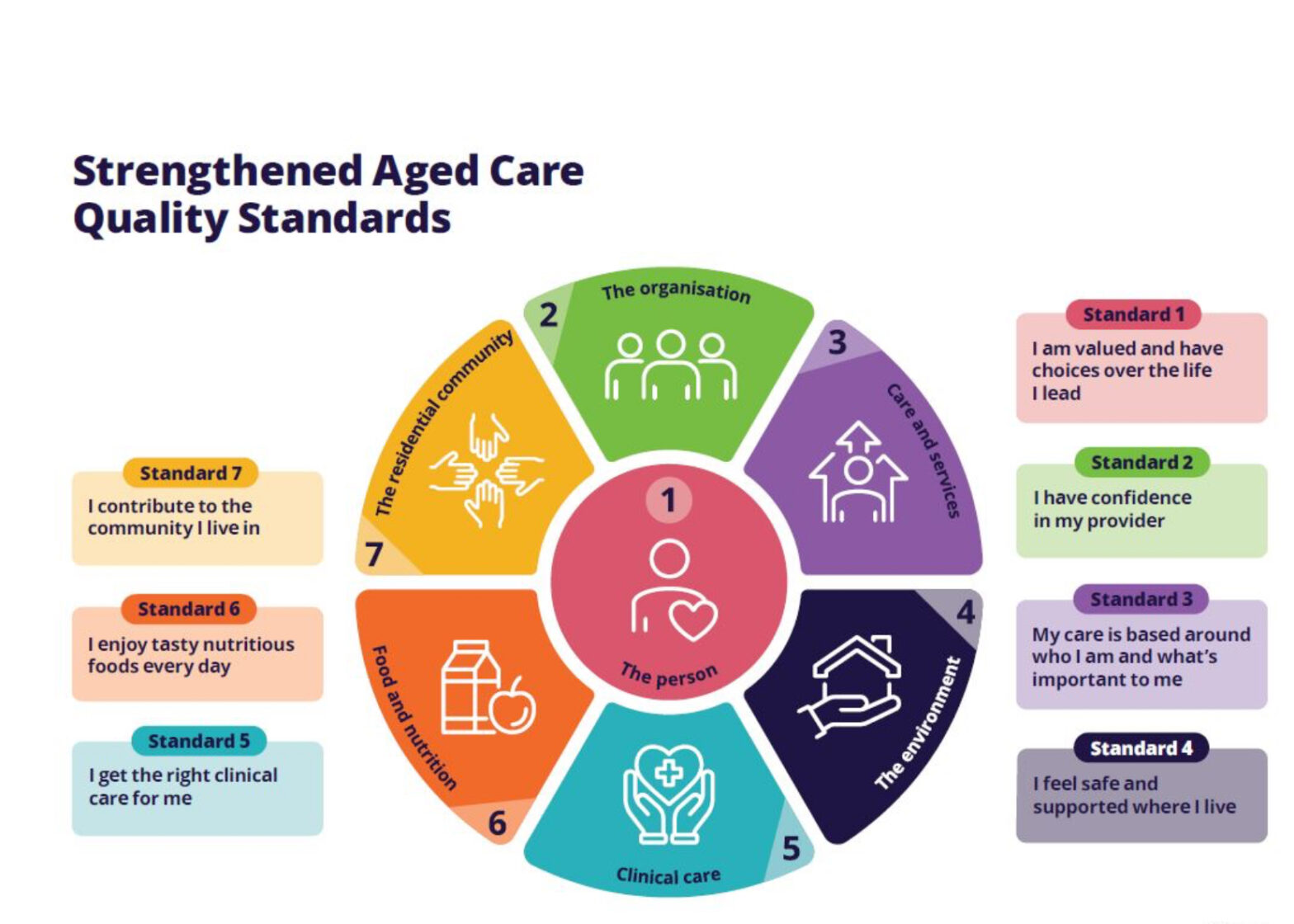Download The App
Upgrade Your Commute: Get the App for Enhanced Travel and Significant Savings through Bright Memory Today!


September 2025 Australia’s aged care sector is preparing for one of the most significant reforms since the Royal Commission — the introduction of the Strengthened Aged Care Quality Standards, coming into effect in November 2025. These Standards are a welcome step forward, setting clearer expectations for quality, accountability, and resident outcomes. They address long-standing gaps …

August 2025 We are excited to share that Bright Memory will be attending the Advance Care Planning International Conference 2025 at the Gold Coast, where we will proudly introduce our innovation — My Care Management (MCM). Proudly Introducing MCM After years of listening to the challenges faced by the aged care workforce — endless …

As aged care and community services evolve, technology is playing an increasingly vital role in improving day-to-day living. While large-scale innovations like artificial intelligence and robotics often take the spotlight, there are also many practical, everyday tech tools that can significantly enhance comfort, safety, and connectivity—especially for older adults and those involved in their care. …
Continue reading "Smart Living: Everyday Tech Making Life Easier in Aged Care and the Community"

Integrating Sensory Stimulation into Dementia Care: Enhancing Cognitive Function and Emotional Well-being Sensory stimulation is an essential component of dementia care, offering significant benefits to both cognitive function and emotional well-being. As dementia progresses, patients often experience a decline in their sensory processing abilities, which can lead to increased confusion, agitation, and withdrawal. By …

Enhancing Communication Strategies in Dementia Care: Tips and Techniques for Effective Interaction Effective communication is a cornerstone of quality care, especially when working with individuals living with dementia. As dementia progresses, cognitive and language abilities often decline, making communication more challenging. However, with the right strategies, caregivers can maintain meaningful connections with dementia patients, …

It discussed strategies and best practices for managing common chronic conditions among elderly residents, including diabetes and heart disease.

The post provides insights into emerging tools and techniques that are improving the quality of life for dementia patients in aged care facilities.

It analyses the effects of the most recent legislative changes in the aged care sector and what they mean for providers and recipients.